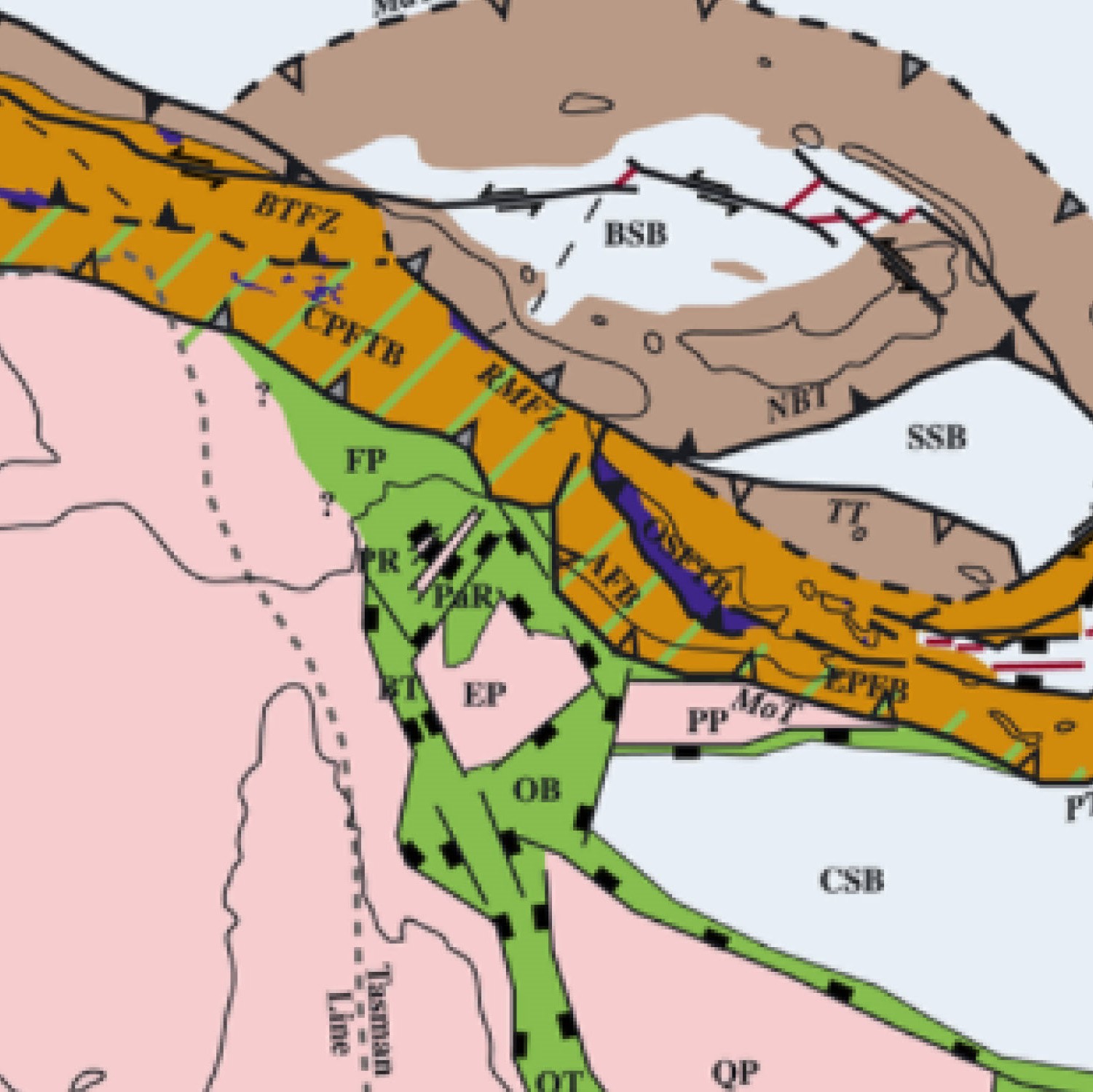Markus Reichstein epitomizes the spirit, vision, and creativity of Piers Sellers more than any of the up-and-coming and qualified scientists in the world. Markus’s research focuses on the interactions between the terrestrial biosphere and the climate system by studying the response of vegetation, soils, and whole ecosystems to climate variability from local to global scales. Like Piers Sellers, his vision includes combining data-driven and system-oriented process-driven approaches. Research being conducting by Reichstein and his group is fulfilling our community’s, and Piers’s, dream of producing a data system that views the breathing of the Earth “everywhere and all of the time.”
Reichstein and his group have accomplished this monumental task by merging direct measurements of carbon fluxes from the continuous, long-term, but sparse, network of flux towers in the FLUXNET network with the spatially explicit, but inferred and intermittent, information produced by a constellation of satellites sensing the surface and by gap-filling in time and space with neural network and regression tree machine learning tools. This has led to the first direct data-driven estimates of global photosynthesis and evapotranspiration. In addition, and very complementary, he has been successfully pushing forward the development of soil concepts and models from a “dead soil” to a “living soil” paradigm for biogeochemical dynamics, which acknowledges the interactions between soil organic matter, soil microbes, and the soil matrix together with transport processes and abiotic factors.
He has also been leading several international research activities, such as a data-driven climate ecosystem model comparison study called FLUXCOM; the European CarboExtreme project, which examined how ecosystems are responding to extreme climate conditions; and global community efforts such as Extreme Events and Environments—from climate to society within Future Earth. Throughout his career he has also offered open services and data products to the research community. So, still in his relatively young career, Markus has already been broadly stimulating the scientific global environmental community and numerous early-career scientists just as Piers Sellers did during his active time.
—Dennis Baldocchi, University of California, Berkeley

Natural and anthropogenic disturbances are important drivers of tree mortality, shaping the structure, composition, and biomass distribution of for...



